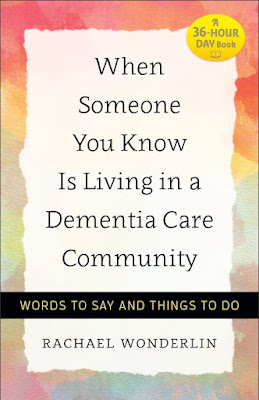During the week of September 15 - 22, 2018, a cruise specially designed for caregivers and their loved ones living with early-stage dementia is setting sail for Alaska, aboard Holland America's Signature-class cruise ship, MS Eurodam. AlzAuthors is thrilled to be supporting this wonderful trip!
This adventure is a unique CRUISE and CONFERENCE all in one. Families will sail round trip from Seattle, Washington with Elite Cruises and experience the beauty of Alaska with stops in Juneau, Glacier Bay, Sitka, Ketchikan, and Victoria, Canada.
Families will also experience diverse programming during an immersive conference that takes place onboard. This includes: Healing pain and grief through sharing their stories; adapting homes for dementia; creating care partnerships; nutritional care for caregivers and their loved ones; and much more. The cruise organizer, Kathy Shoaf, has put together a wide range of programming created for the complex daily lives of those living with dementia and their care partners. Plus, families will be spending time with others who share many of the same joys and sorrows, providing an opportunity to build new friendships too. Vacationers will return home with a renewed spirit, reconnected to joy and ease in their daily life.






















